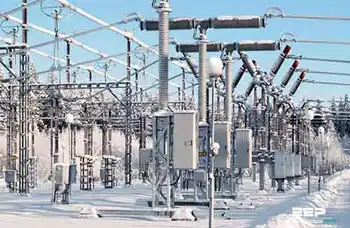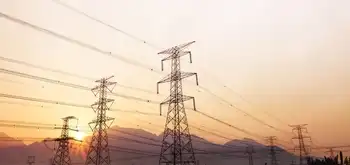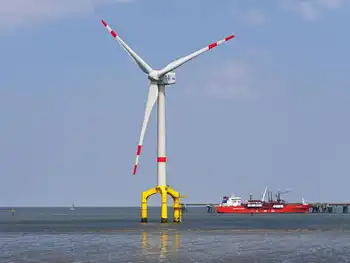Mounting energy bills boost green home market
By Reuters
Arc Flash Training CSA Z462 - Electrical Safety Essentials
Our customized live online or in‑person group training can be delivered to your staff at your location.

- Live Online
- 6 hours Instructor-led
- Group Training Available
Within the last three years, more than 330,000 homes have been built in the United States featuring environmentally sustainable design, solar power, or other green technology, the study showed. That's 6.2 percent of all homes being built, triple the percentage in 2005, when 1.8 percent of new homes were "green."
"The green market is growing everywhere, we are tracking a trend... the movement is growing across the country, not just at high but at all income levels," said Robert Ivy, McGraw-Hill Construction vice president and editor.
McGraw-Hill Construction estimated that green construction was now a $36 billion-a-year industry, up $5 billion from three years ago.
More than half of green home buyers in the last three years earned less than $75,000 per year, and 30 percent earned less than $50,000 per year, according to the study.
Green home renovations had been seen as a luxury for people who can afford custom builders. But advances in technology, government subsidies and new construction practices have helped make green and efficient homes more affordable.
Figures in McGraw-Hill's study highlight green housing as a bright spot in a slumping housing market. Some 70 percent of buyers in the study said they were either more or much more inclined to purchase a green home over a conventional home.
"In the midst of the worst housing downturn since World War II, builders continue to see growth in demand for green and energy-efficient homes," Matt Belcher, a builder and representative of the National Association of Home Builders, said in testimony to Congress last week.
U.S. home prices extended their record slide in April, with every top metropolitan area posting annual losses, according to the Standard & Poor's/Case Shiller home price index report.
No aggregate numbers for national green home sales are available yet. But Ivy said growth in green home building has been accelerating.
"Market demand is strong for sustainable houses - green homes are a shining area of growth in new housing and construction. Nearly $100 billion in green homes have been built in the past three years," said Ivy.
Some 83 percent of respondents in the McGraw-Hill study said they expect their green homes to have lower operating costs than their previous homes, with 79 percent expecting to lower energy bills in their first year of home ownership and 68 percent expecting lower water bills.
Namiana Filion, a Bronx resident who recently bought a affordable green home, saw her water and energy bills fall drastically.
"We save around $80 to $90 a month, which over a year is almost a month's rent" in her previous apartment, said Filion.
The lower costs of green homes have proven attractive in a slow economy.
"Its good for the environment ... and it saves up a lot of money too," said Filion.











